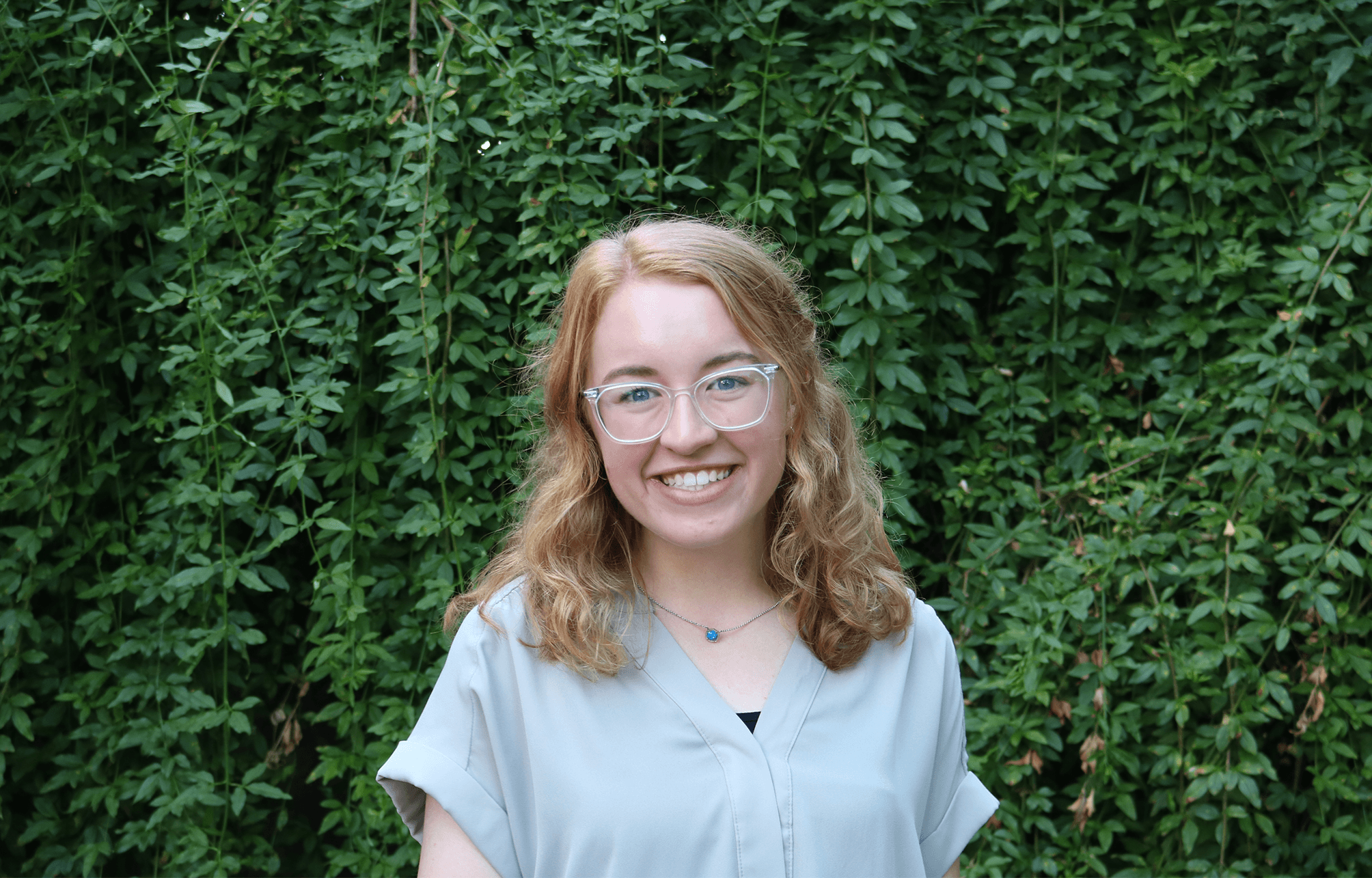On Monday, Oct. 3, Civil Rights speaker Lisa McNair came to Samford to share her story and discuss her new book, Dear Denise: Letters to the Sister I Never Knew. She first spoke at Harry’s Coffeehouse, answering questions posed by Howard College of Arts and Sciences Dean Timothy Hall, then later in the evening to give a presentation for the Howard Scholars and Ragland Scholars.
Lisa McNair is the younger sister of Denise McNair, one of the four girls killed in the 16th Street Church Bombing by the Ku Klux Klan in Birmingham in 1963. Denise was only 11 years old when she was killed. McNair never knew her sister, but the grief she feels for Denise has followed her over the course of her life, and led to share her story across the country.
McNair said people were terrified after the bombing, and children were not allowed to go anywhere other than school. She also spoke about how Denise’s death affected her parents, Chris and Maxine McNair.
“So much grief to lose a child in such a painful way,” McNair said. “But they were nice people, very loving, God-fearing people, and they chose to raise us not to hate but to love and to be able to forgive, [but] not forget.”
McNair’s parents believed they would not be able to have any more children, but McNair was born a year after her sister’s death. She spoke about how the world in which she grew up was different from that of Denise’s because her parents enrolled her in a predominantly White private school.
“Denise lived in a segregated world, but my world was very integrated,” McNair said.
McNair said that this experience growing up in private school caused her to “lose some of her Blackness.”
“It caused us to be part of that first generation that was able to experience full integration, but I think people didn’t know what that looked like, the good and the bad of that, and it was not always a good experience, not always a happy experience,” McNair said.
McNair’s struggle to find her identity amongst the two worlds in which she lived was part of her motivation for writing her book.
“I wrote the book just in case there are some other little Black girls going through that same thing,” McNair said.
Another reason McNair said she wrote the book is to start those conversations about civil rights and racism in America.
“The only way we’re going to heal in this country is to read and learn our history, the good and the bad. Sit in it, deal with it and then remember it,” she said.
One audience member asked McNair where she finds hope that things will keep changing for African Americans.
“I see it every day. I see us being in this room, this integrated body that could not have been here, you know, 60 years ago,” McNair said. “I see us helping each other out, Black people and White people being friends with one another… I have to believe that, at the core of our humanity, we’re going to love each other, rather than hate each other.”

Staff Writer






